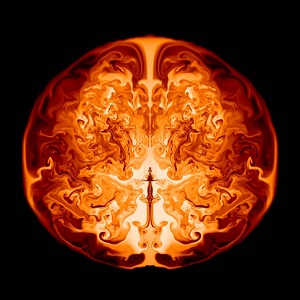In the first exit poll, Rutte’s VVD came to 35 seats, so with the new recalculation, the liberals are adding another seat.
The result of Rutte’s coalition partner D66 would be the highest ever for the left-liberal party. The third governing party, the Christian Democratic CDA, loses a lot with five seats to reach fourteen. The latest coalition partner ChristenUnie is relinquishing a seat and gaining four seats. This would bring the current government coalition to a majority of 81 seats in 150, again a majority. But even without the ChristenUnie, there would still be a majority of 77 seats this time.
The three left-wing opposition parties are hit hard. Both GroenLinks and the SP had fourteen seats, both parties lost six of them. But the PvdA, under the leadership of Lilianne Ploumen, was not able to take advantage of this. She is stuck at nine seats, just as many as with the historically bad election results in 2017. The Party for the Animals would keep its five seats.
Loss for Wilders
Thierry Baudet’s right-wing populist Forum for Democracy would win considerably and rise from two to eight seats. The split-off of the FvD, the conservative Ja21, would suddenly get three seats. Geert Wilders’ extreme right-wing PVV, so far the largest opposition party, would lose three seats and strand on seventeen.
The pro-European party Volt would suddenly get three seats from nothing. The parties Bij1 and the BoerBurgerBeweging would also enter the House of Representatives, each with one seat.
Fragmentation
In total there would be 17 parties in the House of Representatives, four more than now, and thus a huge fragmentation. There is a margin of error of two seats for the exit poll. The number of seats in a party can therefore be two higher or lower.
Although the polling stations were closed at 9 p.m., long queues of voters were still waiting, the NOS reported. According to the Electoral Council, anyone who was ‘in or at the entrance’ of the polling station before closing time is still allowed to vote. The turnout would be 81 percent according to preliminary estimates.
The elections for the House of Representatives went different than normal due to corona. For example, voters who run the extra risk of contamination were also able to vote yesterday and Monday. In addition, people over 70 could vote by post. In addition, the rules for voting by proxy have also been relaxed.
The campaign in the Netherlands was largely devoted to corona, a subject that allowed Rutte to profile himself as the experienced leader who will guide the country through the crisis. The resigning prime minister thus seemed on his way to a fourth term in office.
The turnout in the elections for the House of Representatives is 81 percent. The turnout at the polls four years ago was 81.9 percent.
–

